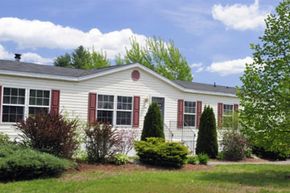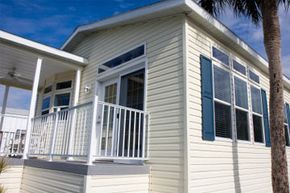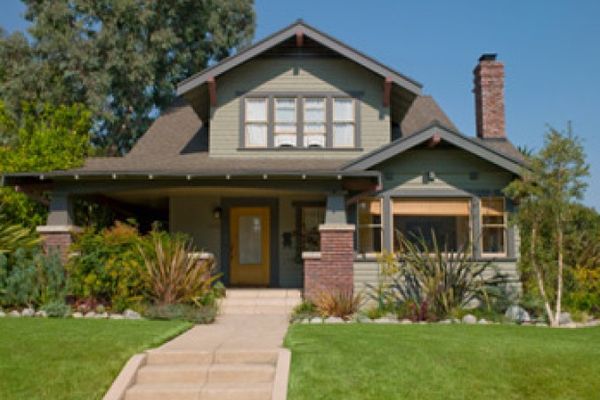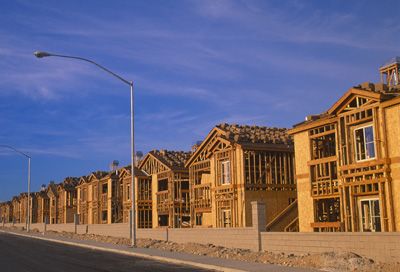Nearly 20 years ago, Joseph Goldberg was a single father in search of a home. He didn't want to rent an apartment, and he couldn't afford a typical single-family house. So, Goldberg did the next best thing: He bought a home in a community called Atlantic Gardens in Egg Harbor Township, N.J. [source: Rose].
Most people would call Atlantic Gardens a trailer park and Goldberg's house a trailer. But watch what you say. Formerly called mobile homes, "manufactured homes," such as the one Goldberg now owns, have come a long way in recent years. They offer many of the amenities of single-family homes without the high price tag.
Advertisement
Slowly, the manufactured home is gaining respect. Most people think manufactured homes are mobile homes with a different name -- sort of like the "lipstick on a pig" joke. Yet, there are huge differences. First, mobile homes refer to homes built before 1976 when the government didn't have any building regulations for trailers. Since that date, factories have built homes to a higher standard [source: Manufactured Homes Source]. Second, some of today's manufactured homes look just like brand new site-built dwellings. The homes blend in well with the neighborhood, complete with white picket fences and garages. Some models are two stories high, and many have state-of-the art heating and cooling systems and ENERGY STAR appliances.
Moreover, manufactured housing is a good option for Americans to afford their own homes. Manufactured homes can cost an average of $62,600, compared with $272,200 for a single-family site-built home [source: U.S. Census Bureau, U.S. Census Bureau]. More than 17 million Americans live in manufactured homes. In 2009, the median annual household income for those living in manufactured homes was $30,000 [source: CFED]. In 2009, 43 percent of all new homes that sold for less than $150,000 were manufactured homes. Manufactured homes also accounted for 23 percent of new home sales under $200,000 [source: CFED].
Not only are manufactured homes cheaper to own than site-built homes, they're cheaper to build and maintain. Go to the next page and find out why.
Advertisement



